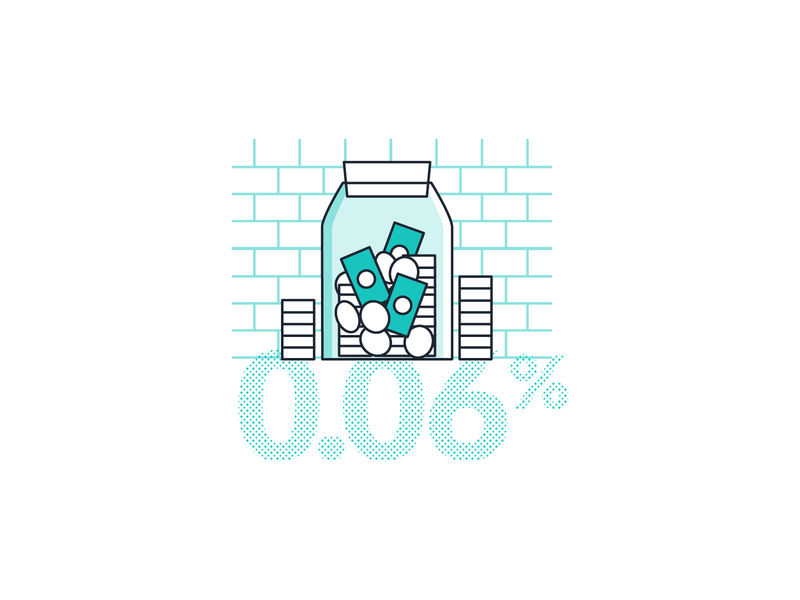The Consequences Of Falling Short To Meet A Performance Bond
The Consequences Of Falling Short To Meet A Performance Bond
Blog Article
Published By-
When a guaranty issues a performance bond, it guarantees that the principal (the party that purchases the bond) will accomplish their responsibilities under the bond's terms. If the principal fails to satisfy these responsibilities and defaults on the bond, the surety is in charge of covering any kind of losses or damages that result.
1. Loss of online reputation: Back-pedaling an efficiency bond can damage the principal's online reputation and integrity, making it tougher to secure future organization or financing.
2. Legal and administrative expenses: The surety may need to pay legal and administrative prices related to pursuing the principal for damages or attempting to remedy the circumstance.
3. Financial losses: The surety might need to cover the cost of finishing the task or providing the services that the principal failed to provide. This can result in considerable monetary losses for the guaranty.
4. Raised premiums: If the principal has a history of back-pedaling efficiency bonds, they may be needed to pay higher costs in the future to acquire the needed bonding.
Overall, defaulting on a performance bond can have significant financial consequences for both the principal and the guaranty. It's important for principals to carefully consider their responsibilities and ensure they are able to satisfy the regards to the bond to avoid these negative results.
Defaulting on a performance bond can be a costly error for businesses. When you fall short to satisfy the bond's commitments, the monetary effects can be considerable. From paying the full bond amount to prospective lawful fights and damaged connections, the repercussions can resound throughout your business procedures. Comprehending the detailed internet of financial influences that defaulting on an efficiency bond can have is vital for protecting your company's financial health and credibility.
Financial Penalties for Defaulting
If you back-pedal a performance bond, you'll likely face significant punitive damages. These fines can vary relying on the terms of the bond agreement however typically involve paying the bond quantity in full to the obligee. This indicates that if you fall short to satisfy your contractual responsibilities, you should pay the bond amount to the job proprietor or the entity that called for the bond.
Additionally, you might additionally be responsible for any added costs incurred by the obligee because of your default, such as finding a replacement service provider or covering task delays.
Back-pedaling a performance bond can additionally lead to legal fees and court prices if the obligee chooses to take lawsuit against you to recuperate the bond quantity. These expenditures can swiftly build up, more exacerbating the economic effect of your default. It's essential to meticulously review and recognize the regards to the performance bond to avoid these extreme financial penalties.
Influence On Organization Capital
Defaulting on an efficiency bond can considerably influence your business capital, impacting monetary stability and operational capacities. When you default on an efficiency bond, you take the chance of losing the bond amount, which can be a significant amount. This loss directly influences your cash flow, as you'll need to find different sources of funding to cover the bond quantity. In addition, failing can result in raised analysis from sureties, making it tougher and a lot more expensive to protect bonds in the future. This can better stress your capital as you may require to allot additional sources to satisfy bonding demands.
The influence on your capital does not stop there. Back-pedaling an efficiency bond can also cause project delays or terminations, leading to a loss of revenue. Furthermore, the unfavorable credibility that comes with defaulting can prevent possible clients, additionally lowering your capital. Generally, defaulting on a performance bond can have detrimental results on your company's financial wellness and capacity to run smoothly.
Lawful Implications and Suits
Facing legal ramifications and prospective lawsuits as a result of back-pedaling a performance bond can substantially influence your company's reputation and financial standing. When you back-pedal a performance bond, the guaranty business may take lawsuit to recover the bond amount paid out. https://connerryein.wssblogs.com/26569820/exploring-the-difference-in-between-payment-bonds-and-efficiency-bonds could lead to costly lawful fees, court costs, and prospective settlements or judgments versus your organization.
In addition, defaulting on an efficiency bond might lead to damaged connections with customers, subcontractors, and vendors, influencing your capacity to secure future agreements. Suits developing from bond defaults can tarnish your organization's reputation in the industry, making it testing to attract new companions or customers.
In addition, if the default leads to a court judgment against your service, it might cause property seizure or liens, even more stressing your monetary stability. Consequently, it's crucial to understand the legal implications of back-pedaling an efficiency bond and take proactive steps to minimize the threats included.
Verdict
As you face the repercussions of back-pedaling an efficiency bond, remember this: it resembles strolling a tightrope without a safeguard. https://www.forbes.com/advisor/business-insurance/contractors-insurance/ can send you dropping right into an economic freefall, with no means to stop the fall.
The punitive damages, capital influence, and legal ramifications are all waiting to catch you if you blunder. So step meticulously, and always honor your commitments to prevent the extreme repercussions of default.
